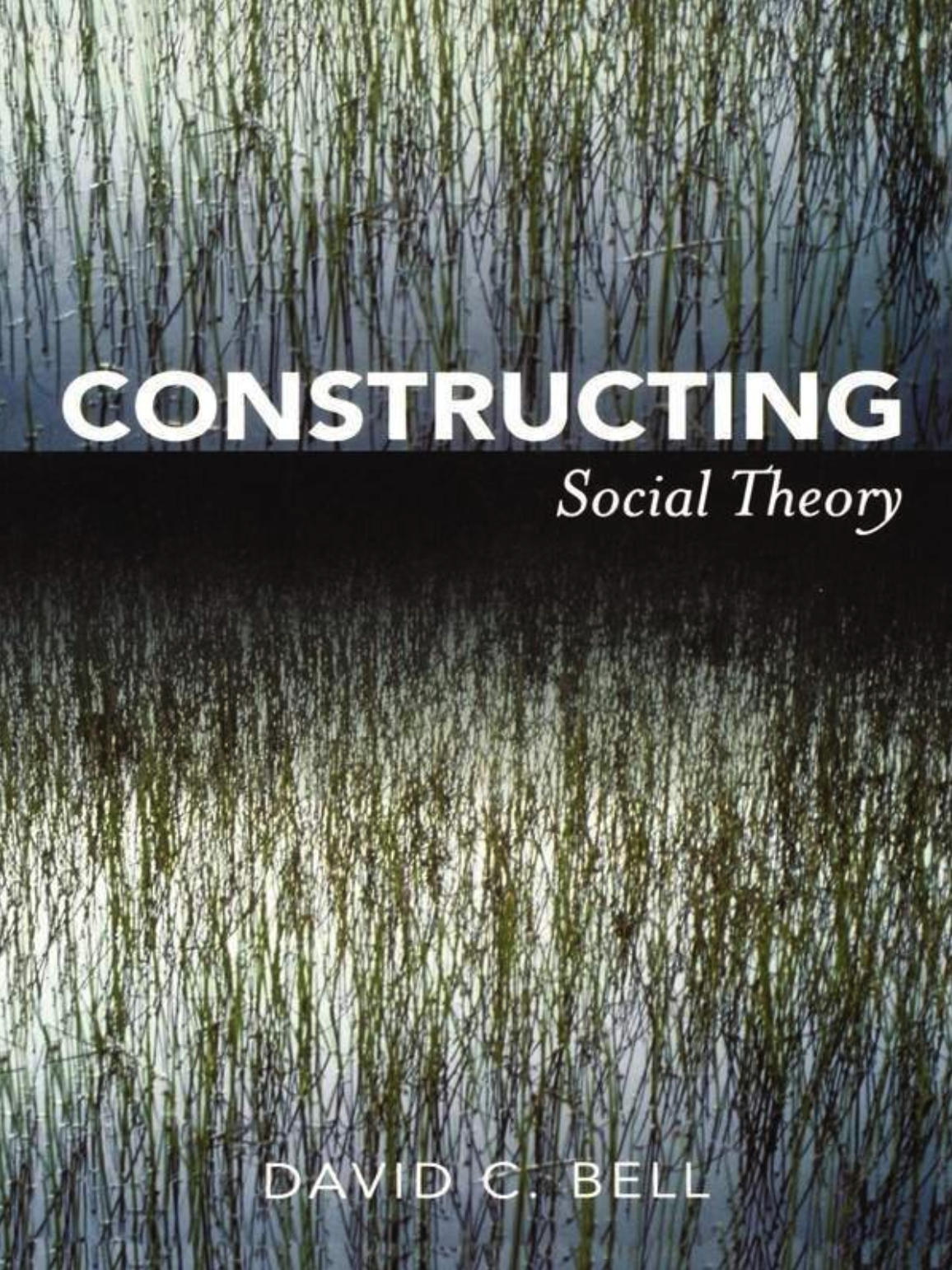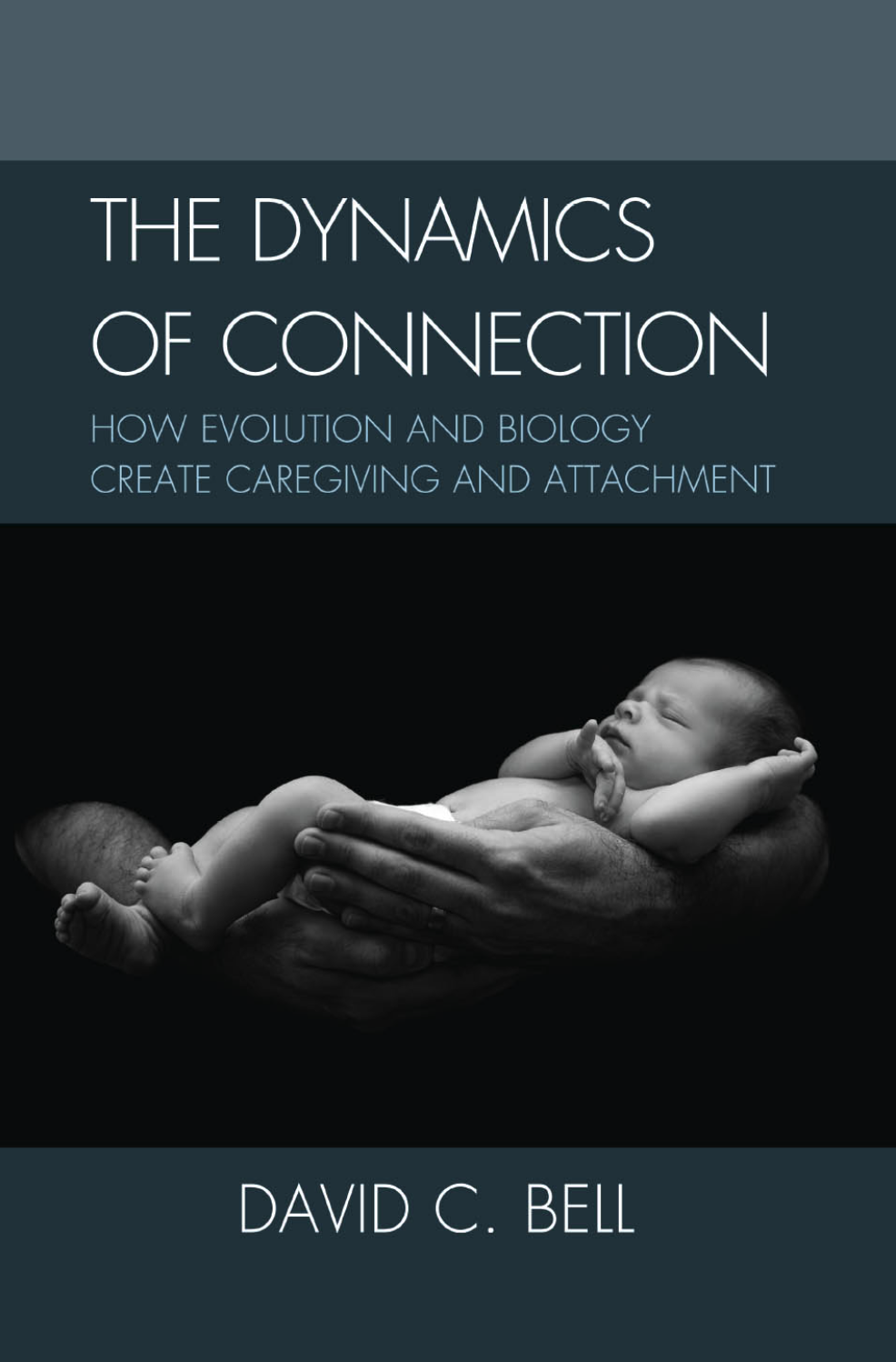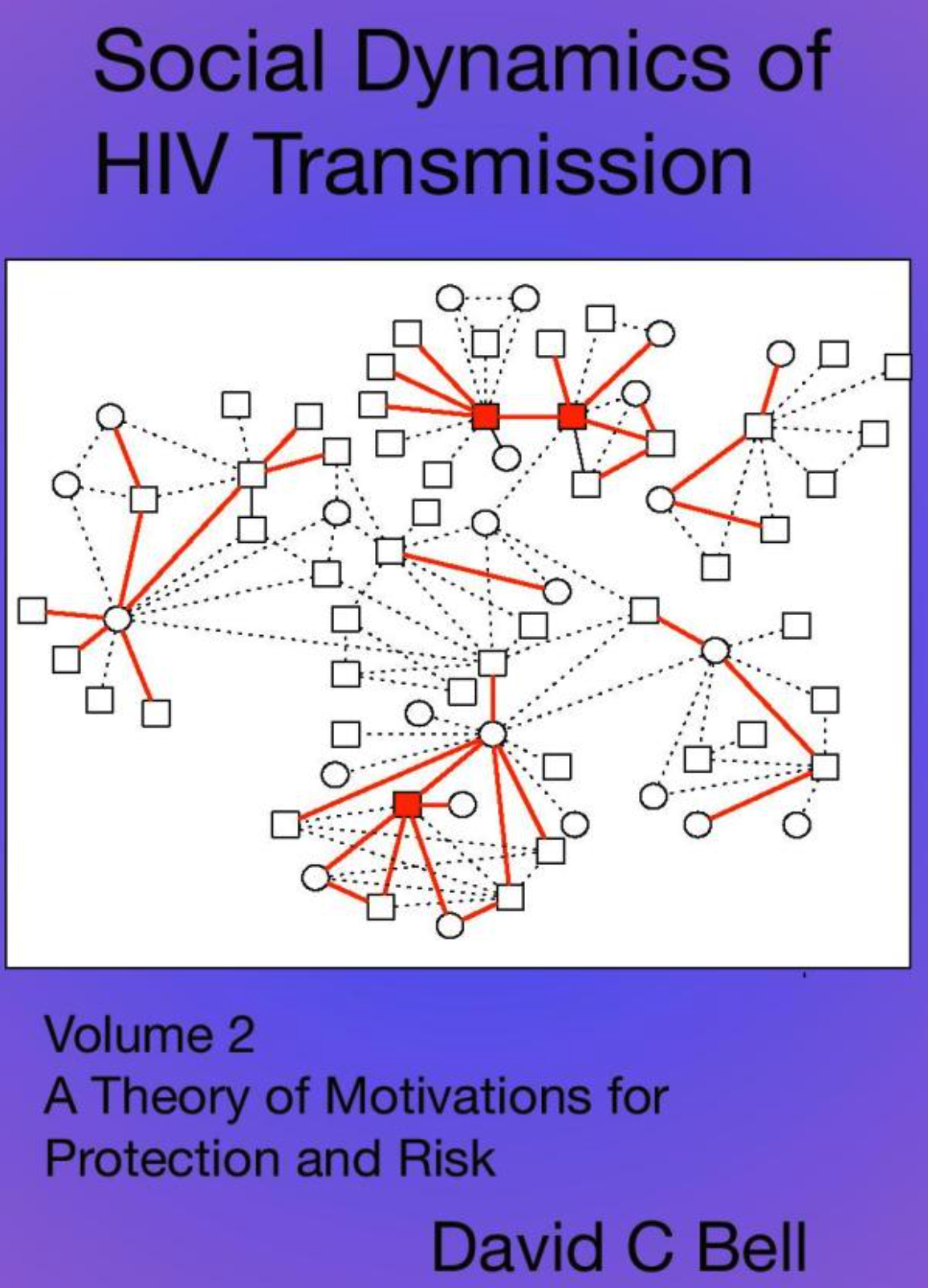David C. Bell
David C. Bell grew up in Austin, Texas. He attended Antioch College and the University of Texas in Austin for his undergraduate work. He received a Ph.D. in Social Relations in 1977 from The Johns Hopkins University. He has been a professor of sociology at the University of Houston, Texas A & M, and Indiana University. His research has focused on the emotional bases of family relationships and the health consequences of social networks.
David has published four books: Constructing Social Theory (2009), The Dynamics of Connection: How Evolution and Biology Create Caregiving and Attachment (2010), Social Dynamics of HIV Transmission, Volume 1: Social Networks and Racial Disparities (2019), and The Social Dynamics of HIV Transmission, Volume 2: A Theory of Motivations for Protection and Non-Protection (2021).
Constructing Social Theory discusses the nature of social theory and theoretical orientations. Organized by forty-three orientations within seven theoretical frameworks—exchange, power, adaptation/reinforcement, social bond, altruism, functionalism, and identity—the text includes a tutorial on how to identify an appropriate framework and create a theory given a particular research question. In addition to the review of theoretical frameworks, the book describes the logic and art of creating theory within the context of normal science. The book expands on Kuhn’s idea of scientific revolutions (where new theoretical frameworks are developed) to describe theoretical epicycles where new orientations are developed within a given theoretical framework.
The Dynamics of Connection describes the logic of giving, love, trust, and nurturance. This book builds on and extends Bowlby’s attachment theoretical framework by examining the evolutionary evidence and the underlying neurobiology for both caregiving and attachment from the earliest mammals. This view of the dyadic social dynamic of connection underlies both parent-child and close adult relationships. It gives an account of the biological and social origins of prosocial norms, including norms of parenting. The book brings together new insights from both evolutionary theory and neurobiology to deepen our understanding of caregiving and attachment.
Social Dynamics of HIV Transmission, Volume 1: Social Networks and Racial Disparities documents the role of social networks in behaviors that transmit HIV. It evaluates theories that attempt to explain racial disparities in the spread of HIV. This book grew out of two NIDA-funded projects and describes the consequences of network structure and longitudinal network change on HIV transmission. The volume uses the racial distribution of HIV as an effective point of leverage for testing theories of transmission. This is accomplished through a nested series of dynamic simulation models of HIV transmission.
The Social Dynamics of HIV Transmission, Volume 2: A Theory of Motivations for Protection and Non-Protection explores the motivational bases for HIV protection. While Volume 1 focuses on behavioral consequences of social networks, Volume 2 examines the psychological motivations that underlie sexual networks and influence HIV protection behaviors. It identifies both cognitive processes of deliberation in choosing protections as well as identifying a number of more emotional relationship processes that sometimes support and sometimes compromise protection.



